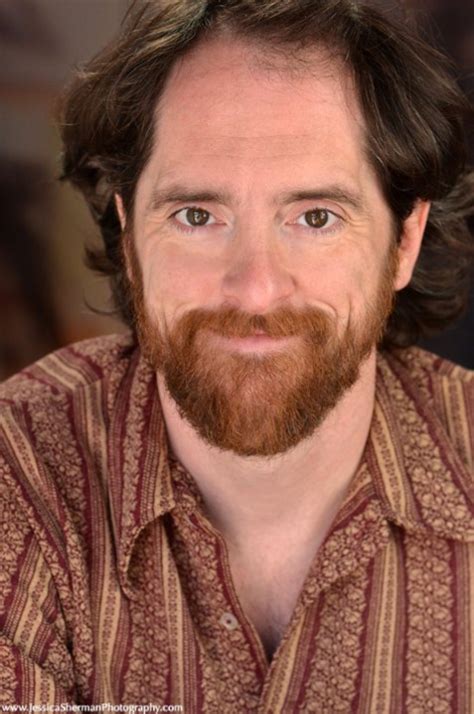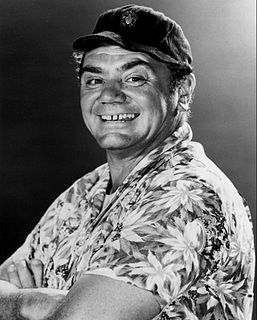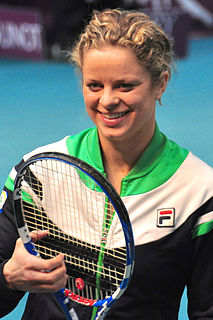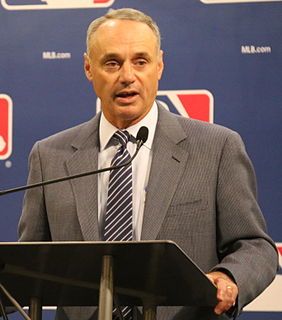A Quote by Jesmyn Ward
I have never written a novel that volleys back and forth between a couple of different first person perspectives. It's definitely a challenge because I had to think about who knows what, when do they know it, when are they sharing what they know or what they think they know, how the reader's perspective affects things. Telling the story in that way is challenging. It does require a lot of revision.
Related Quotes
Every time I think I’m getting smarter I realize that I’ve just done something stupid. Dad says there are three kinds of people in the world: those who don’t know, and don’t know they don’t know; those who don’t know and do know they don’t know; and those who know and know how much they still don’t know. Heavy stuff, I know. I think I’ve finally graduated from the don’t-knows that don’t know to the don’t-knows that do.
It's one thing to be dumb or ignorant or be in over your head. But if you can be the person who knows how much he does not know and be curious about the things you do not know, then that automatically lends itself to being a big-hearted, welcoming person who wants to know about every single person you meet.
I think, one thing that I've really come to appreciate about my parents as I've got older is you know, how wise they really were. As a kid when I was growing up, as any kid, you think you know every thing and I was no different to that. I had different opinions on a lot of different things then them but the way they raised me, in hindsight, they were right.
This is the kind of upbringing we had instead of sitting in front of a damn television set all day long and never answering to anybody else unless somebody spoke up from a television set. It's an altogether different way of living today that you wonder how it really affects the family? I know how it affects the family because I have my own son who has his children and also my daughter. It's one of those things. Everybody eats in their own way and off they go. You know? It's not family oriented anymore."
I'm not sure that all books aren't that way. I think that might apply to any book I was writing. The book was kind of the product of this enormous infatuation I had, not only with the office and office politics, but with perspective, and trying to tell a story from as wide a range of perspectives as you possibly can. I tried to capture it all with the first-person plural, but once I settled on that, I used it to tell the story from as many angles as I could. I guess, to put it romantically, it was about a love affair with the craft of perspective.
I wouldn't have thought that the techniques of story-telling, which is what the novel is after all, can vary much because there are two things involved.There's a story and there's a listener, whose attention you have to keep. Now the only way in which you can keep a reader's attention to a story is in his wanting to know what is going to happen next. This puts a fairly close restriction on the method you must use.
I prefer people to disagree with me because I really don't think I'm smart enough to know what all the answers are and I think the back and forth ... we have a lot of it in our office, strong personalities, big intellects, good ideas - I think that back and forth has produced better strategies and tactics for us than if I sat in my office and decided we're doing those 10 things and that's the end of it.
When we're in the story, when we're part of it, we can't know the outcome. It's only later that we think we can see what the story was. But do we ever really know? And does anybody else, perhaps, coming along a little later, does anybody else really care? ... History is written by the survivors, but what is that history? That's the point I was trying to make just now. We don't know what the story is when we're in it, and even after we tell it we're not sure. Because the story doesn't end.
I think there's definitely a way to tell a story, to also look at marriages that are working, but find drama from what's challenging them. That's what I think, certainly, 'Parenthood' is kind of about: the unexpected things that come up in your life that challenge you as a man, as a woman, as a husband and a wife, and as a parent.





































